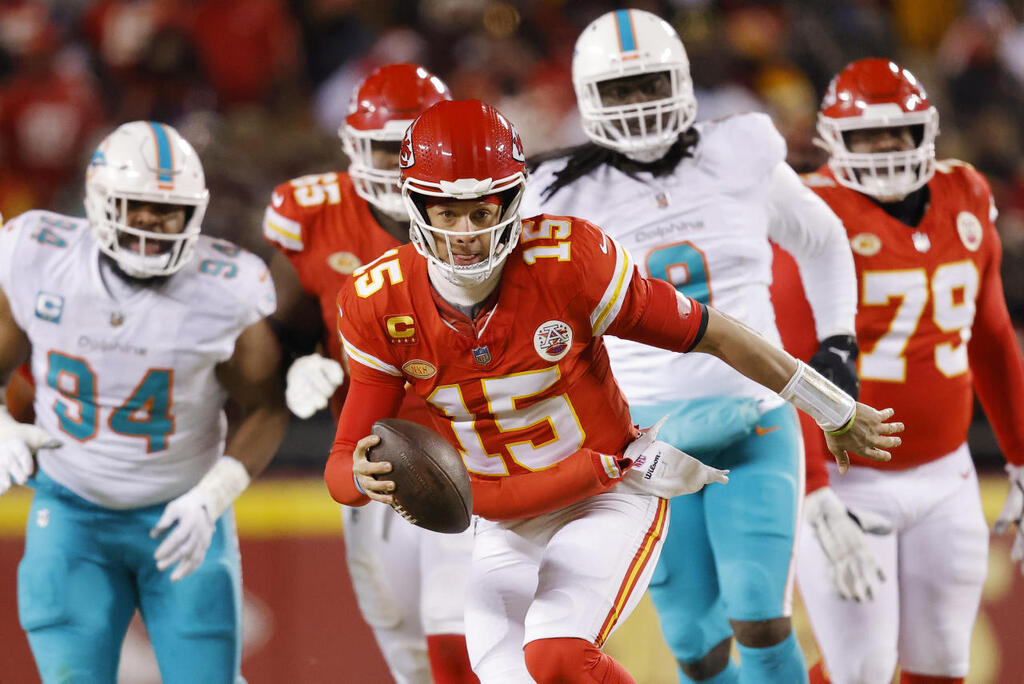
Venu’s launch in limbo: Antitrust ruling puts sports streaming venture on hold
The ripple effects of Fubo’s antitrust victory on the broader streaming industry.
It was supposed to be the sports streaming service to rule all sports streaming services: a joint venture of the biggest media players—Disney, Warner Bros., Discovery, and Fox—that, for just over $40 a month, would provide subscribers with access to a vast array of sports content and channels.
But the ambitious venture may never see the light of day. Not because of a lack of demand or disagreements among the partners, but because a U.S. federal court issued a preliminary injuction in response to a petition filed against the new service, halting its operation after finding a high probability that it would harm competition in the market. This decision could have a ripple effect on the broader streaming market, which suffers from an oversupply of services, many of which can only survive through mergers.
In February of this year, Disney, Warner Discovery, and Fox Corp. (the television network owned by Rupert Murdoch, which remained in his possession after he sold Fox's Hollywood studio operations to Disney in 2019) announced the creation of a new sports streaming service that would consolidate content and channels from all three companies into one platform. This month, it was revealed that the service would be called Venu and was slated to launch in time for the start of the football season this fall.
The service was to feature broadcasts from 14 different sports channels, including ESPN and Disney's ESPN+ streaming service, Fox Sports channels, as well as ABC and TNT channels, alongside content from the companies' extensive archives. The price, $42.99, isn't cheap, but considering the wide range of content, it was deemed very affordable for sports fans.
The service was set to offer subscribers access to hundreds of hours of live games from the most prestigious baseball, basketball, football, and hockey leagues in the United States—NFL, NBA, MLB, and NHL—along with NASCAR races, golf tournaments, and more. An offering so comprehensive that it might have eliminated the need for most sports fans in the U.S. to subscribe to another streaming service.
This very possibility concerned Fubo, an independent sports streaming service with 1.5 million subscribers, which in February filed a petition with a federal court in New York to halt the launch of the service, arguing that it would harm competition in the market, citing the defendants' known patterns of anti-competitive behavior.
Last month, the court held hearings on Fubo's request for a temporary injunction to block the service, and at the end of last week, the court granted the request, determining that there is a high probability that the claim that Venu would "significantly harm competition" will be upheld. The court noted that refusing to issue a temporary injunction order would undermine the effectiveness of any court order issued at the end of the trial.
While no final decision has been made, this is a significant victory for Fubo, which will now be able to conduct the trial without Venu breathing down its neck, effectively allowing it to capitalize on its market position. For Disney and its partners in the project, this is a serious setback that requires a critical decision: whether to continue fighting a complex antitrust trial that could drag on for years—during which they cannot launch the project, and for which the court has already indicated a high likelihood of complete blockage—or to abandon the project now, write off the invested funds, and move on.
This decision also has broader implications for the streaming market as a whole, which is oversaturated with no fewer than eight general streaming services in the U.S. (Netflix, Disney+, Amazon Prime Video, Hulu, Peacock, Max, Paramount+, and Apple TV+), most of which are not profitable. While some can survive on the strength of the corporations behind them (particularly Apple and Amazon, which view them as value-added services within a broader package offered to customers), others may not survive much longer in their current form. And this doesn't even account for the dozens of smaller, niche services, most of which lack independent financial viability.
Some services have already begun to bundle offerings with U.S. ISPs, but in the long term, they will have to choose between consolidation or closure. The potential for survival in the future now seems much more limited.















